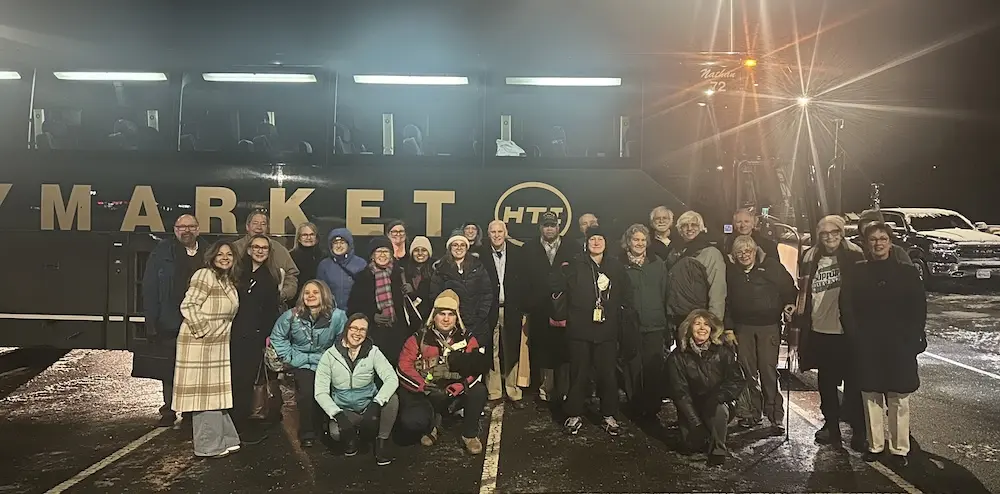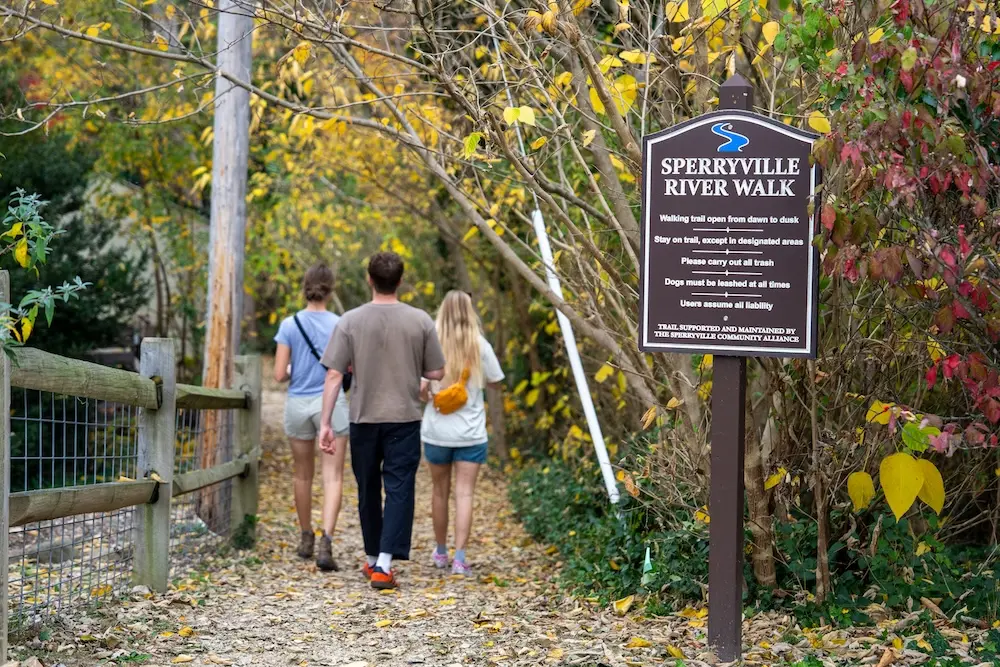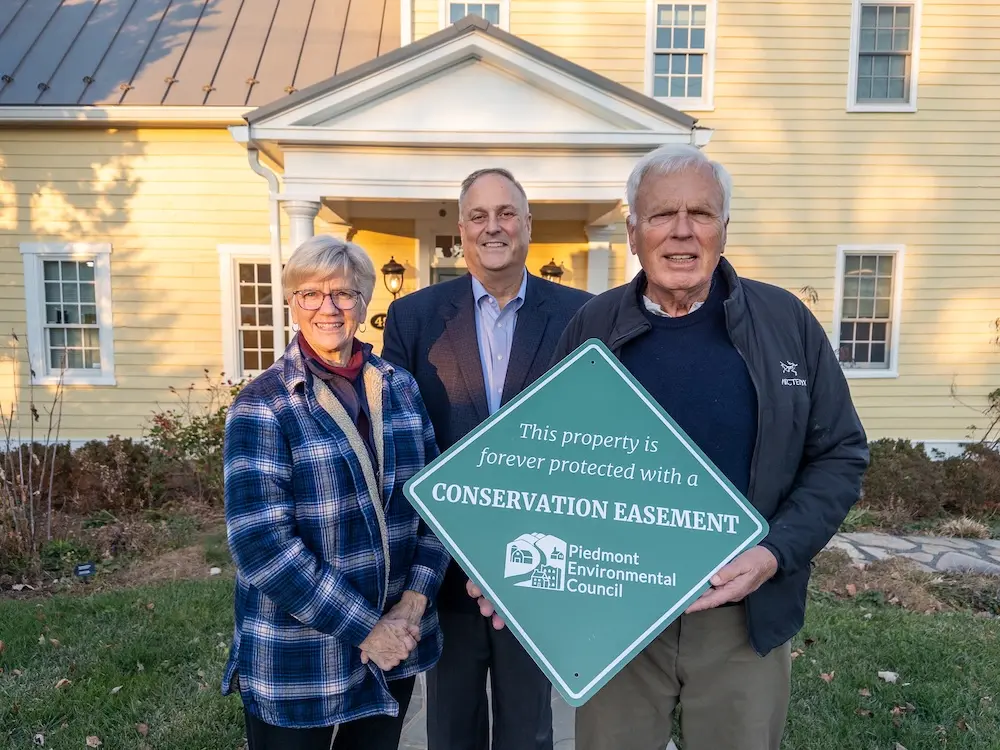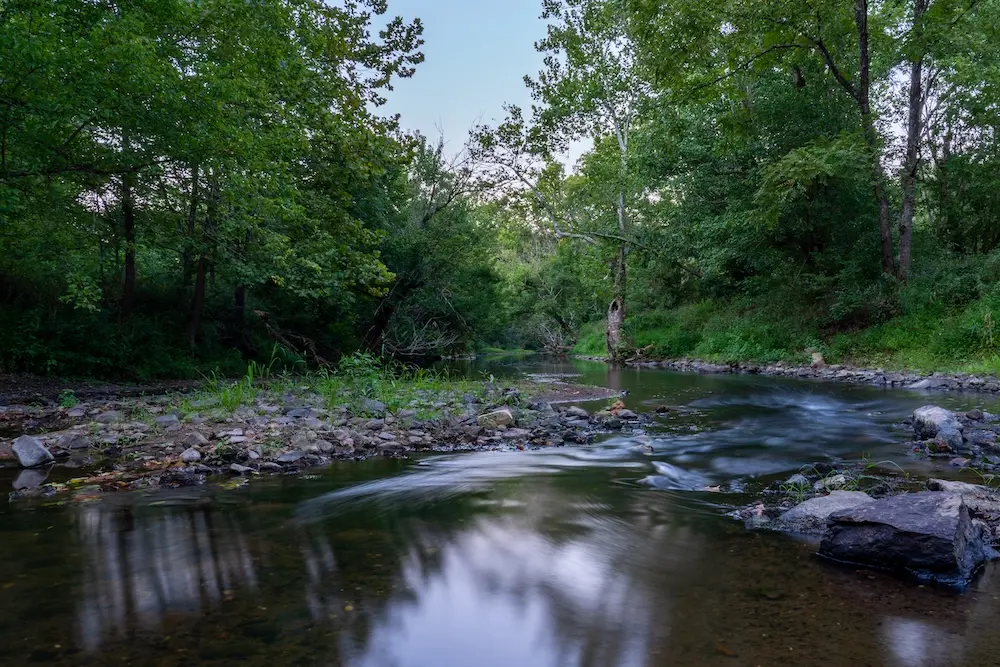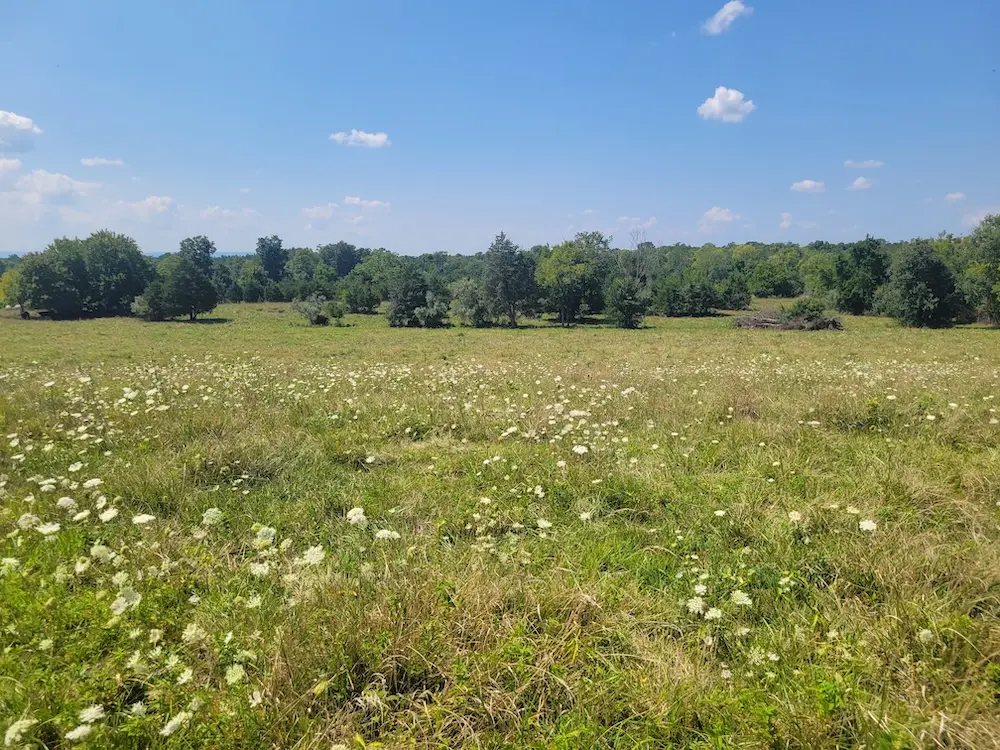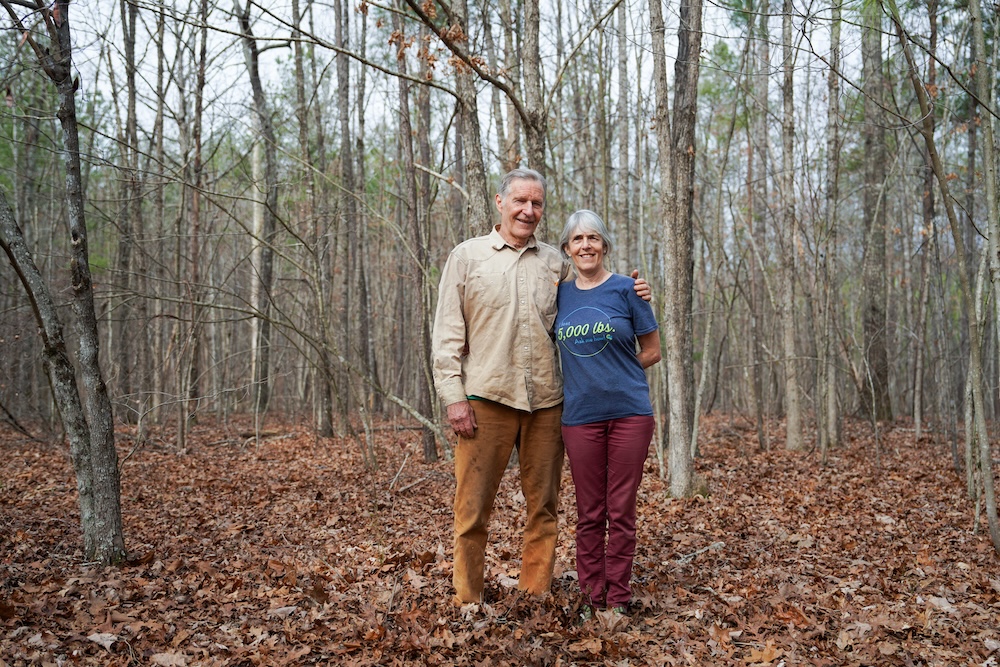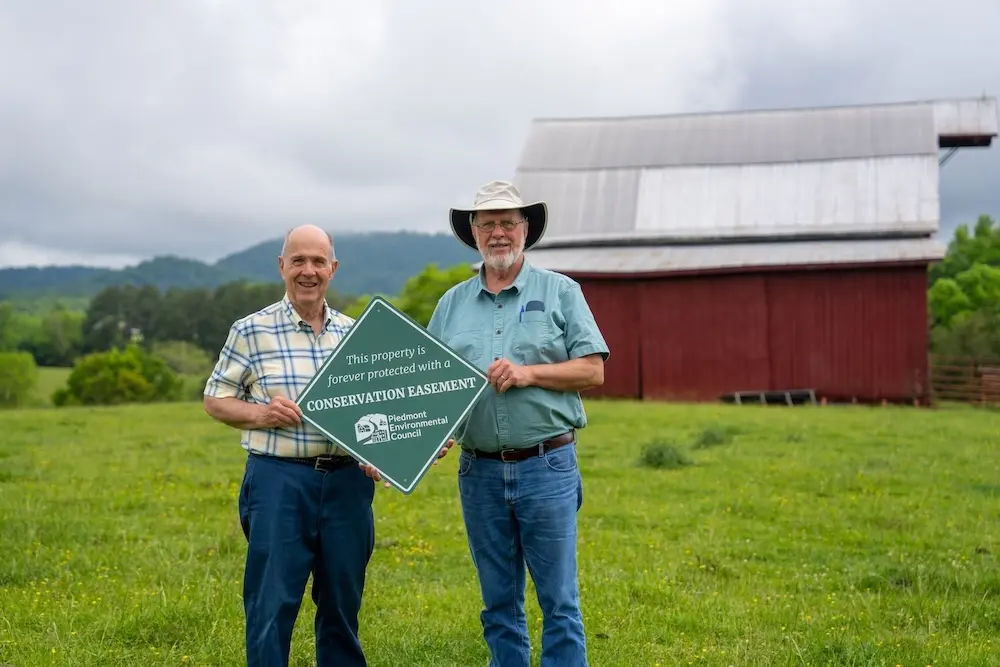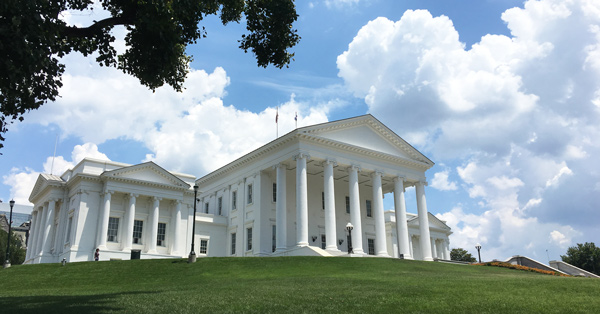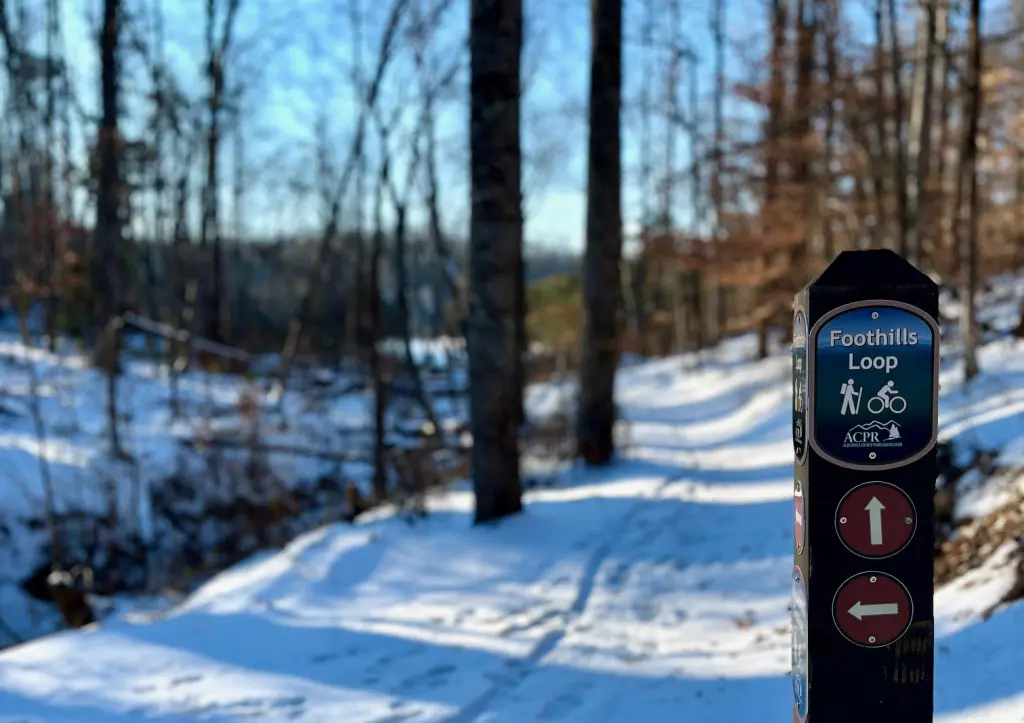Western View Plantation in Culpeper County gets its name from the panoramic vista of the Blue Ridge Mountains and Shenandoah National Park seen from its pastures and fields. This 700-acre working farm exemplifies the kind of agricultural operation that sustains a thriving rural economy.
Thanks to the efforts of many — including a farming family dedicated to conserving farmland for the continuation of our local food systems — PEC used $1.6 million of state and federal funding to purchase an Agricultural Land Easement that now permanently protects the excellent soils and streams that run through Western View.
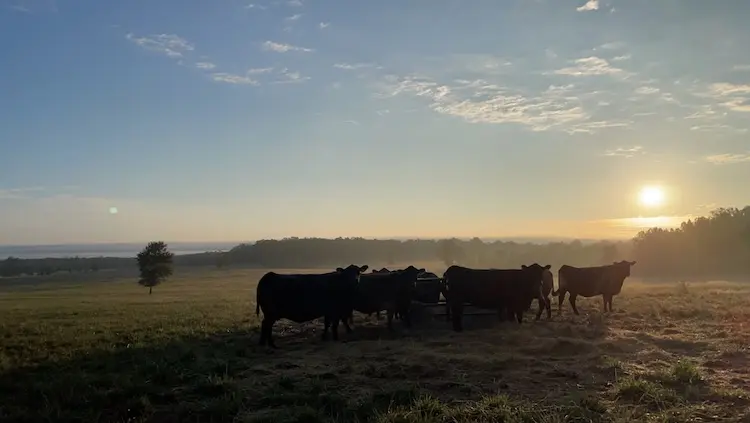

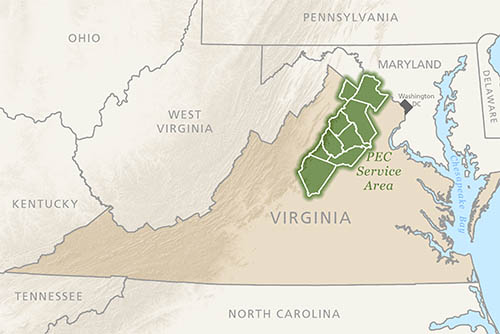 PEC focuses on nine counties and one city in the northern Piedmont of Virginia: Albemarle, Charlottesville, Clarke, Culpeper, Fauquier, Greene, Loudoun, Madison, Orange, and Rappahannock.
PEC focuses on nine counties and one city in the northern Piedmont of Virginia: Albemarle, Charlottesville, Clarke, Culpeper, Fauquier, Greene, Loudoun, Madison, Orange, and Rappahannock.